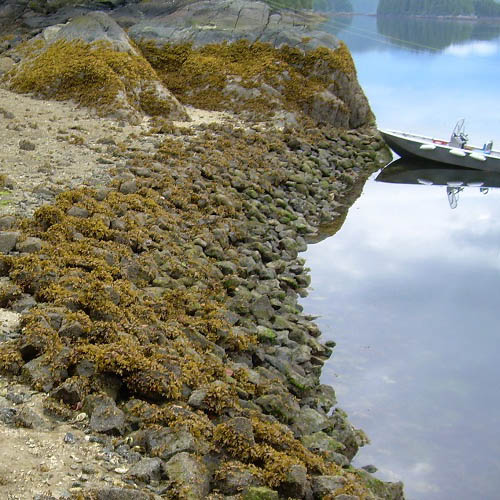
Tags: Aboriginal fisheries, Daniel Pauly, faculty, Indigenous fisheries, mariculture, Pacific, Research, Sea Around Us
The living map synthesizes information about ancestral mariculture across the Pacific Ocean and describes the work that a number of communities are undertaking to reawaken diverse sea gardens.
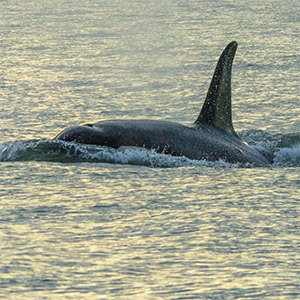
Tags: Andrew Trites, animal movement, faculty, Marie Auger-Methe, Marine Mammal Research Unit, Research, SERG, statistical ecology, tagging, whales
Using methods to detect when the animals are catching prey and to model their energy expenditure will be key to understanding the differences between these neighbouring whale populations.
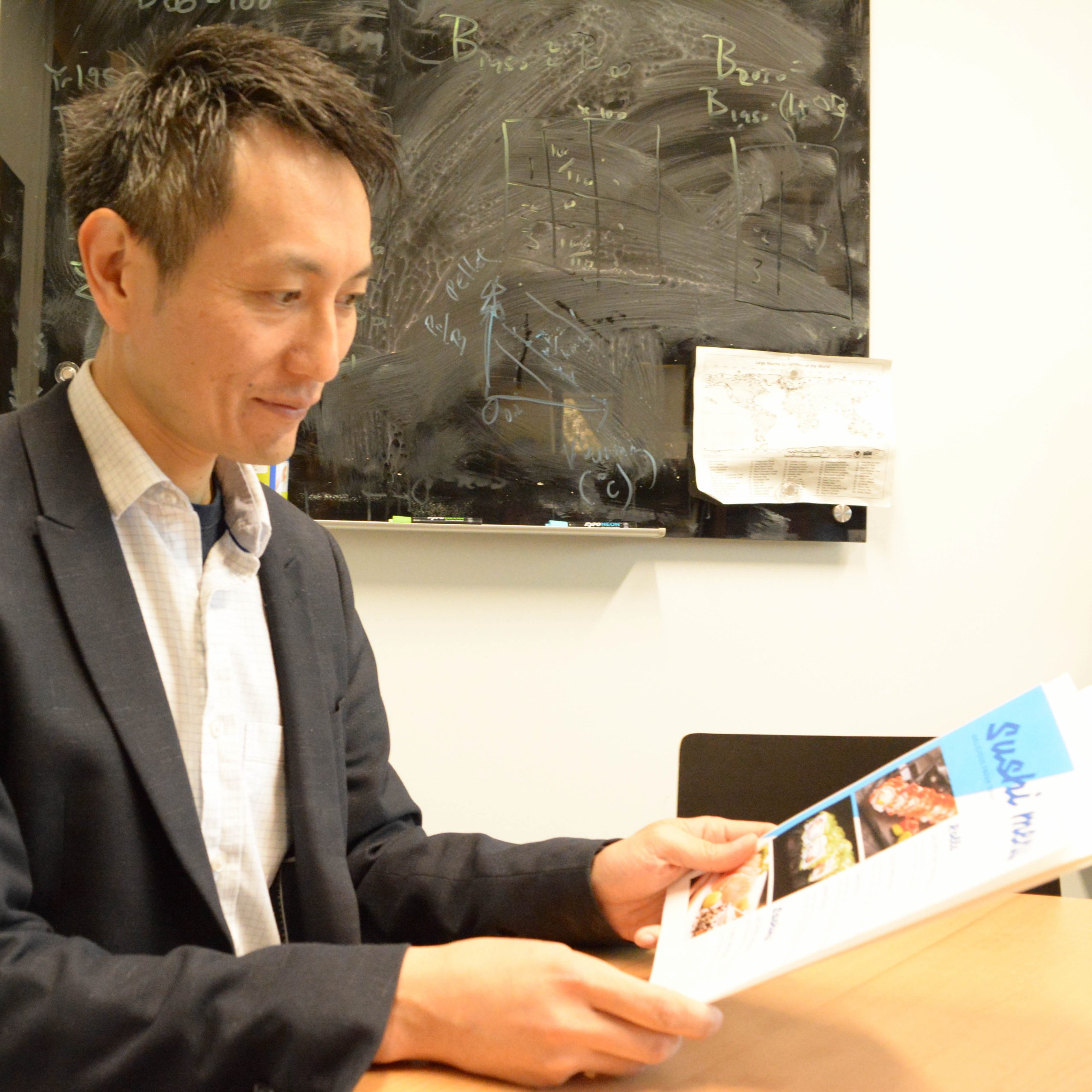
Vancouver seafood lovers may see more Humboldt squid but less sockeye salmon on restaurant menus in the near future due to climate change.
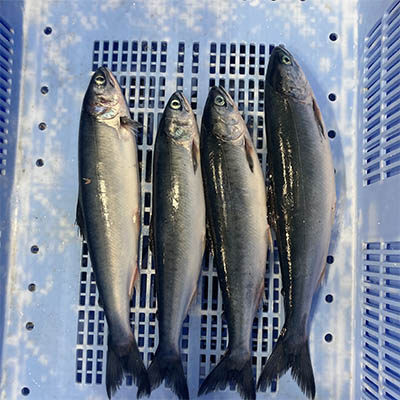
Tags: Anna McLaskey, Brian Hunt, faculty, food webs, Genyffer Troina, Gulf of Alaska, International Year of the Salmon, IOF postdoctoral fellows, jellyfish, plankton, Research, salmon, squid, zooplankton
For scientists in the IOF’s Pelagic Ecosystems Lab, the trip represents a chance to trace the outline of North Pacific food webs, in which salmon play a central role as both predator and prey.
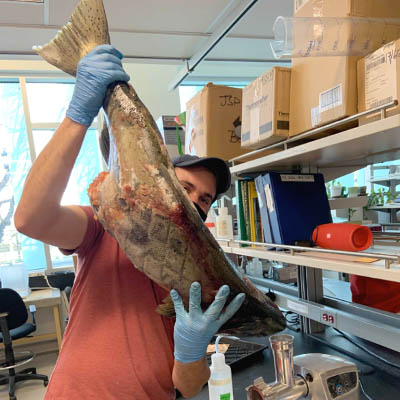
Tags: Brian Hunt, British Columbia, fish, fish stocks, fisheries management, IOF students, Pelagic Ecosystems Lab, salmon
A Chinook with a short migration to Harrison Lake may offer half the calories to a resident killer whale as a similarly sized Chinook headed to the headwaters of the Fraser River.
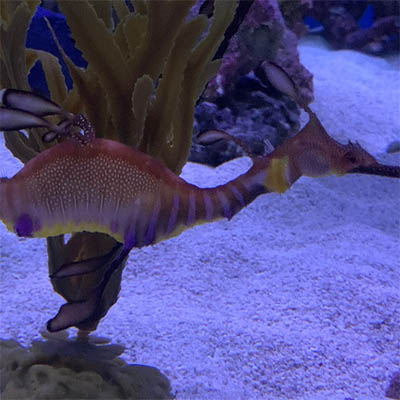
Tags: Daniel Pauly, faculty, IOF students, physiology, Research, Sea Around Us, seadragons, seahorses
Despite their odd shape, which makes them resemble a tuft of seaweed, common and leafy seadragons grow in the same fashion as other bony fish, new research has found.
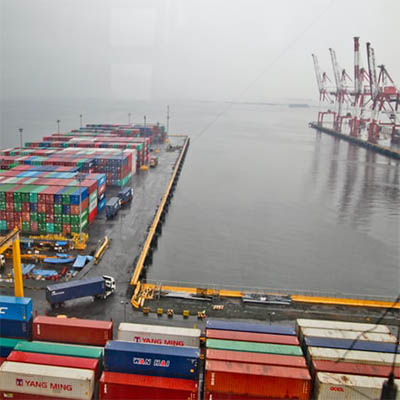
A new modeling approach combines machine learning and human insights to map the regions and ports most at risk for illicit practices, like forced labor or illegal catch, and identifies opportunities for mitigating such risks.
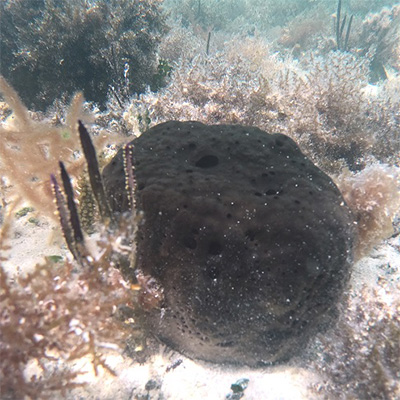
New research indicates that sea sponges' growth depends on their oxygen supply, in a manner similar to more complex animals such as fishes.

This webinar was held on April 6, 2022, 10:00 to 11:30 am. Click here to watch video
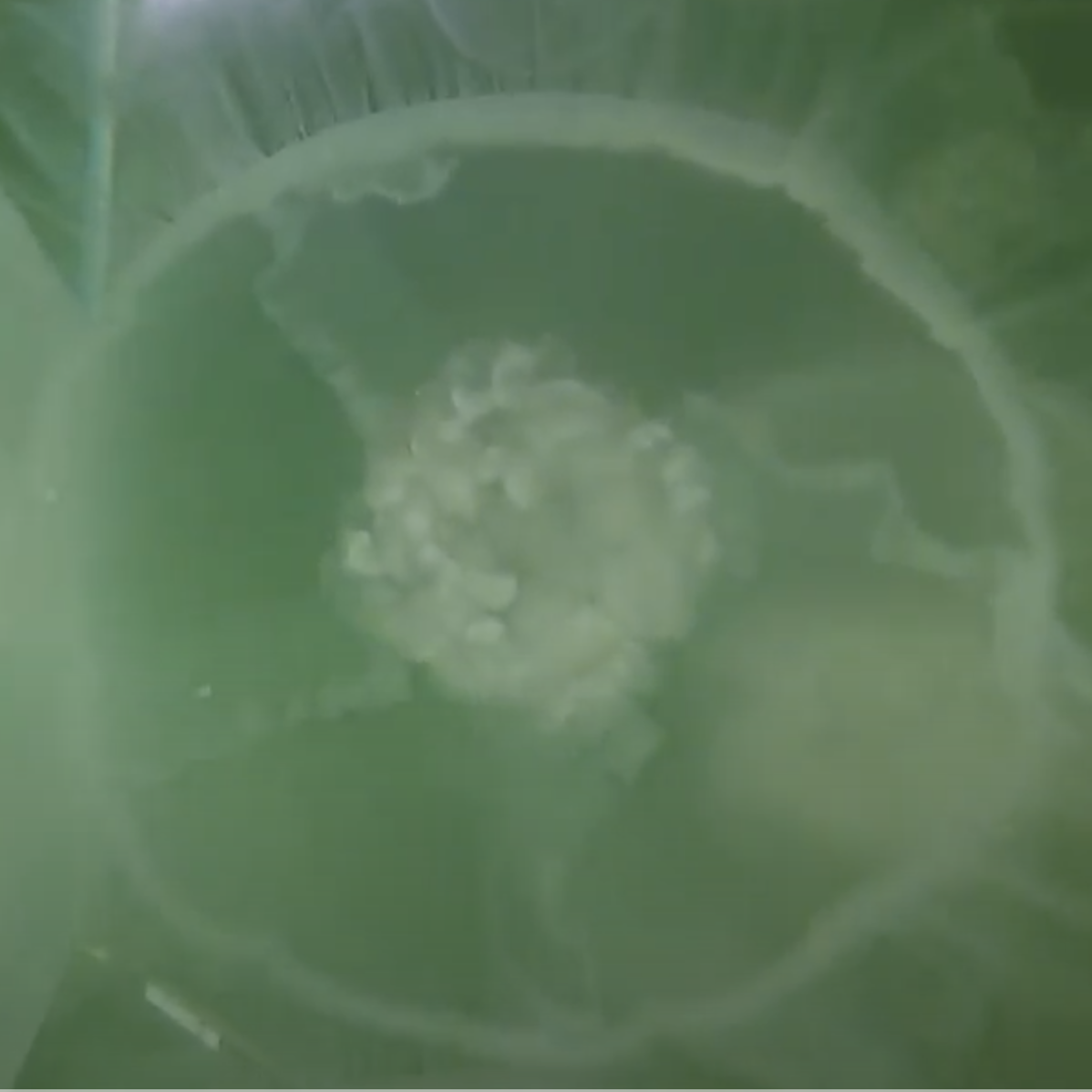
Schaub has received a fellowship that will enable her to visit four countries where she will deepen her understanding of jellyfish.